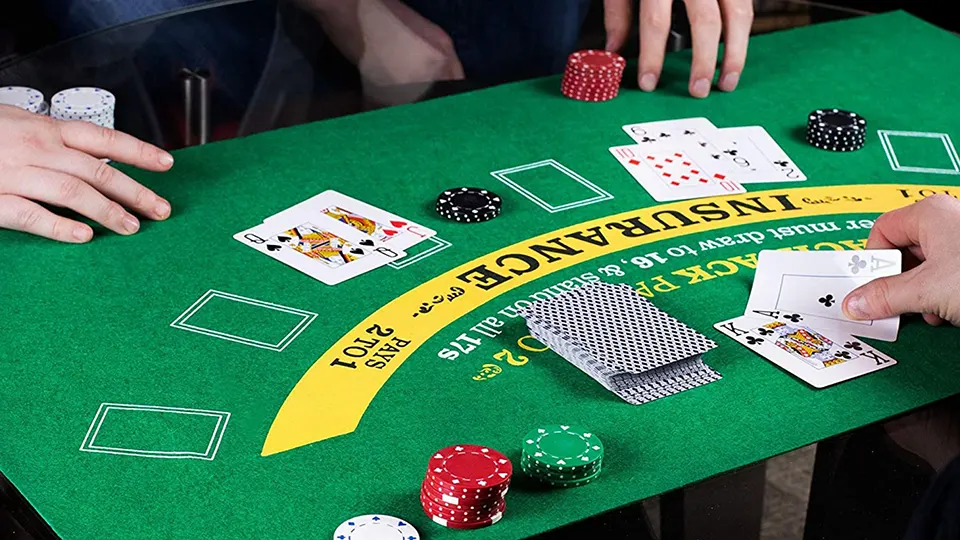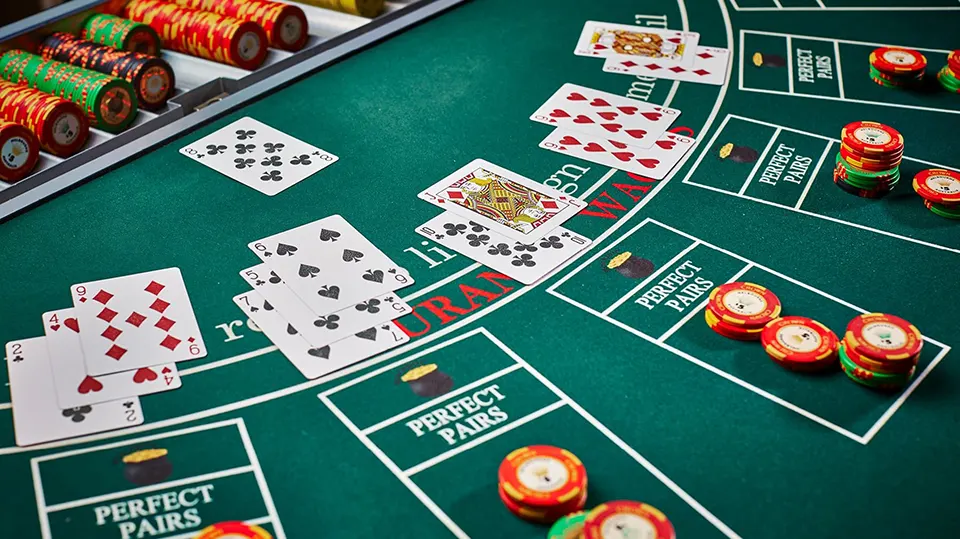Blackjack is one of the most popular and engaging casino games available, both in land-based and online settings. A significant factor that influences the outcome of each game is the dealer’s rules. Understanding these rules is crucial for enhancing your strategies and boosting your chances of winning in online casinos. This article will explore why the blackjack rules dealer is integral to your success.
Table of Content
The Role of the Dealer in Blackjack
The dealer plays a central role in every blackjack game. Unlike the players who can decide their actions based on personal strategies, the dealer is bound by specific rules. These dealer rules shape the dynamics of the game, influence the house edge, and play a significant role in determining the player’s strategies.
Understanding Dealer Obligations
In blackjack, the dealer must follow strict rules about how they handle their hand. These obligations serve to standardize gameplay and ensure fairness across games. Typically, the dealer must:
- Hit on hands below 17: If the total value of the dealer’s hand is below 17, they must take another card.
- Stand on 17 or above: If the total value of the dealer’s hand is 17 or more, they must stop drawing cards. However, this rule may vary based on the type of 17 (hard or soft).
These fixed obligations are what make blackjack unique compared to other India casino games, as they directly affect the strategies players adopt.
House Edge and Dealer Rules
The house edge in blackjack is directly tied to the dealer’s actions. When the dealer has less flexibility than the player, it theoretically benefits the player. However, slight changes in the dealer’s obligations can impact this balance. For example:
| Rule Variation | Impact on House Edge |
|---|---|
| Dealer hits on soft 17 | Increases house edge by approximately 0.2% |
| Dealer stands on soft 17 | Slightly reduces house edge |
| Number of decks used | More decks increase house edge |
Understanding these variations can help players refine their strategies and make better betting decisions.
Key Blackjack Rules Dealer Must Follow
While rules may vary between casinos, the dealer in blackjack typically follows a set of fundamental principles. These rules govern their gameplay and are designed to maintain consistency and fairness.
Common Dealer Rules
- Standing on 17: The dealer will always stand if their hand totals 17 or more. This is one of the most crucial rules that players need to consider when formulating their strategies.
- Hitting on 16 or Lower: The dealer is required to hit if their hand is 16 or lower. This increases their risk of busting but also raises the chance of improving their hand.
- Soft 17 Rules: A soft 17 is a hand totaling 17 that includes an Ace, counted as 11 (e.g., Ace + 6). Some casinos require the dealer to hit on soft 17, while others require them to stand. This variation can affect the house edge and player strategy.
- Blackjack Payouts: Dealers typically follow the rule of paying 3:2 for a blackjack win unless otherwise stated by the casino. Some games offer a lower 6:5 payout, which increases the house edge.
Variations Across Online Casinos
Online casinos may implement additional rules or slight tweaks to these fundamental principles. For example, some platforms may offer side bets or unique features like “Dealer Bust Insurance,” which can further influence the game. Being aware of these differences ensures players make informed choices when playing on different platforms.
Strategies for Players Based on Dealer Rules
To succeed in blackjack, players must adapt their strategies to the rules governing the dealer’s actions. Here are some strategies tailored to common dealer scenarios:
Adjusting for Soft 17 Rules
- Dealer Hits on Soft 17: This increases the dealer’s chance of improving their hand, so players should be more cautious and consider doubling down less frequently.
- Dealer Stands on Soft 17: Players can adopt a more aggressive strategy, as the dealer has less flexibility.
Deciding When to Hit or Stand
Understanding the dealer’s obligations helps players determine when to hit or stand. For example:
- If the dealer shows a weak upcard (e.g., 4, 5, or 6), players can stand on lower totals like 12 or 13.
- If the dealer has a strong upcard (e.g., 9, 10, or Ace), players may need to hit more aggressively to reach a competitive hand total.
Splitting and Doubling Down
- Splitting Pairs: Players should consider the dealer’s upcard when deciding to split. For instance, splitting 8s is a good strategy against a weak dealer upcard.
- Doubling Down: Doubling down on a hand like 11 is advisable when the dealer shows a weak upcard.
Using Basic Strategy
A basic strategy chart is a powerful tool that provides optimal decisions for every possible hand combination. It is tailored to the dealer’s rules and can significantly reduce the house edge when used correctly.
Common Variations Across Online Casinos
Online blackjack offers a wide variety of rule sets, which can subtly alter the gameplay dynamics. Players should be mindful of these variations when switching platforms.
Examples of Rule Variations
| Rule | Variation | Impact |
|---|---|---|
| Dealer Hits/Stand on Soft 17 | Dealer hits on soft 17 increases the house edge | Players need to adopt a more conservative strategy |
| Blackjack Payouts | Standard 3:2 vs. reduced 6:5 payouts | Lower payouts reduce player returns |
| Number of Decks Used | Single-deck vs. multi-deck games | More decks increase house edge |
| Surrender Options | Late surrender availability | Reduces house edge slightly if available |
How to Adapt
Players should review the rules of the online blackjack game before starting. Many platforms display these rules prominently or in the game’s help section. Adjusting your strategy to match these variations ensures you’re not caught off guard.
Conclusion: Maximizing Your Winning Potential
Recognizing the importance of blackjack rules dealer is pivotal for anyone looking to improve their odds in online blackjack. By familiarizing yourself with dealer obligations and variations across different platforms, you’ll be better equipped to craft strategies that mitigate risk and maximize your winning potential.
Final Tips for Success:
- Learn Basic Strategy: A solid grasp of basic strategy tailored to the dealer’s rules is essential.
- Study Rule Variations: Always review the specific rules of the game you’re playing.
- Practice Regularly: Use free online blackjack games to practice adapting to different dealer rules.
- Manage Your Bankroll: Consistent bankroll management ensures you can play strategically without excessive risk.
By mastering the dealer rules and their impact on gameplay, you can enjoy blackjack as a strategic and rewarding casino game, both online and offline.


